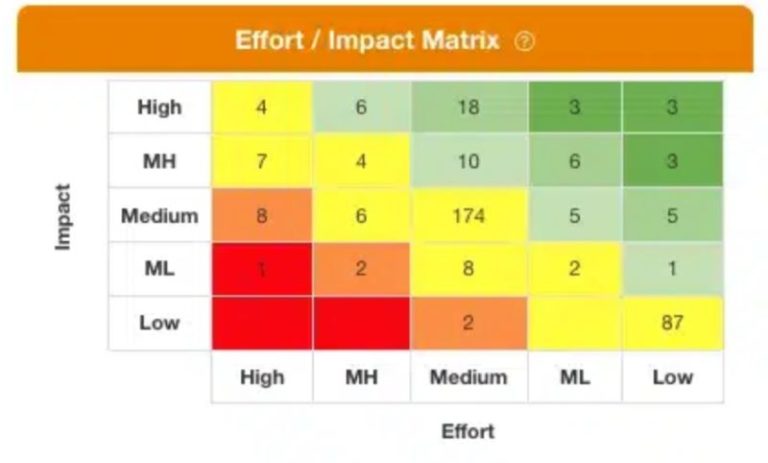

In today’s dynamic business environment, resilience and flexibility are critical to long-term success. Companies face numerous challenges, from economic fluctuations to technological advancements, and having a robust infrastructure is essential for navigating these uncertainties. A resilient business infrastructure not only ensures continuity during disruptions but also enables a company to adapt quickly to changing market conditions. This adaptability is crucial for maintaining competitiveness and seizing new opportunities as they arise.
This article explores various strategies for building a resilient and flexible business infrastructure. We’ll delve into the importance of robust IT systems, the role of a mobile virtual network enabler, effective risk management, and flexible communication frameworks. Each section will provide actionable insights and practical tips to help businesses strengthen their foundations and thrive in an ever-changing landscape.
Invest in Robust IT Systems
One of the fundamental pillars of a resilient business infrastructure is a robust IT system. Investing in advanced technologies and maintaining up-to-date software ensures your business operations run smoothly. Reliable IT systems minimize downtime and enhance productivity by providing employees with the tools they need to perform their tasks efficiently. Moreover, having a strong IT foundation helps in quickly addressing technical issues, thereby reducing the impact of disruptions on business continuity.
Implement Effective Risk Management
Effective risk management is essential for building resilience. Identifying potential risks and developing strategies to mitigate them can significantly reduce the likelihood of disruptions. This includes conducting regular risk assessments, implementing preventive measures, and establishing a crisis management plan.
By being proactive, businesses can better prepare for unexpected events and minimize their impact. A well-structured risk management framework also fosters a culture of awareness and preparedness among employees, further enhancing the organization’s resilience.
Embrace Flexible Communication Frameworks
Communication is a critical component of business operations, and having a flexible communication framework is vital for adaptability. Traditional communication systems can be rigid and slow to respond to changes, whereas modern solutions like cloud-based communication platforms offer greater flexibility. These platforms enable seamless collaboration, regardless of location, and can scale with the business’s needs.
Additionally, integrating various communication tools, such as instant messaging, video conferencing, and email, into a unified system ensures that information flows smoothly across the organization.
Leverage Mobile Virtual Network Enablers
A mobile virtual network enabler (MVNE) can significantly contribute to a flexible communication framework. MVNEs provide the infrastructure and services needed for businesses to operate as virtual mobile network operators. This enables companies to offer mobile services without investing in physical infrastructure.
By leveraging MVNEs, businesses can create customized mobile solutions tailored to their specific needs. This flexibility allows for rapid deployment of new services and quick adaptation to market demands, enhancing overall business agility.
Foster a Culture of Innovation
Innovation is a driving force behind resilience and flexibility. Encouraging a culture of innovation within the organization can lead to the development of new products, services, and processes that improve efficiency and competitiveness. Businesses can foster innovation by providing employees with opportunities for professional development, encouraging collaboration, and creating an environment that supports experimentation and risk-taking. By continuously seeking innovative solutions, companies can stay ahead of the curve and adapt to changes more effectively.
Prioritize Employee Well-being
A resilient business infrastructure is not solely about technology and processes; it also encompasses the well-being of employees. Ensuring that employees are healthy, motivated, and engaged is crucial for maintaining productivity and adaptability.
Businesses can prioritize employee well-being by offering flexible work arrangements, providing access to health and wellness programs through strategic corporate wellness program planning, and promoting a positive work-life balance. When employees feel valued and supported, they are more likely to be committed to the organization’s success and contribute positively to its resilience.
Building a resilient and flexible business infrastructure is a multifaceted endeavor that requires a comprehensive approach. These strategies not only help in navigating challenges but also position companies to seize new opportunities and thrive in an ever-evolving marketplace. By continuously refining and adapting these strategies, businesses can ensure their longevity and sustained growth.


